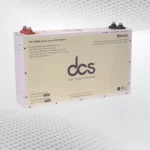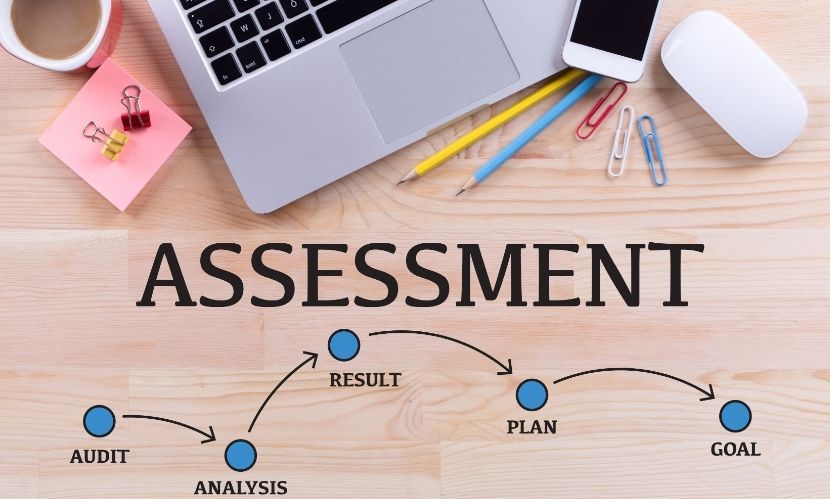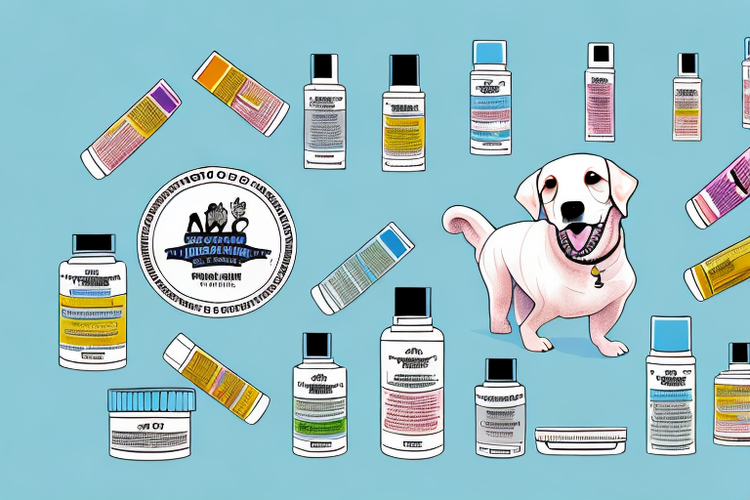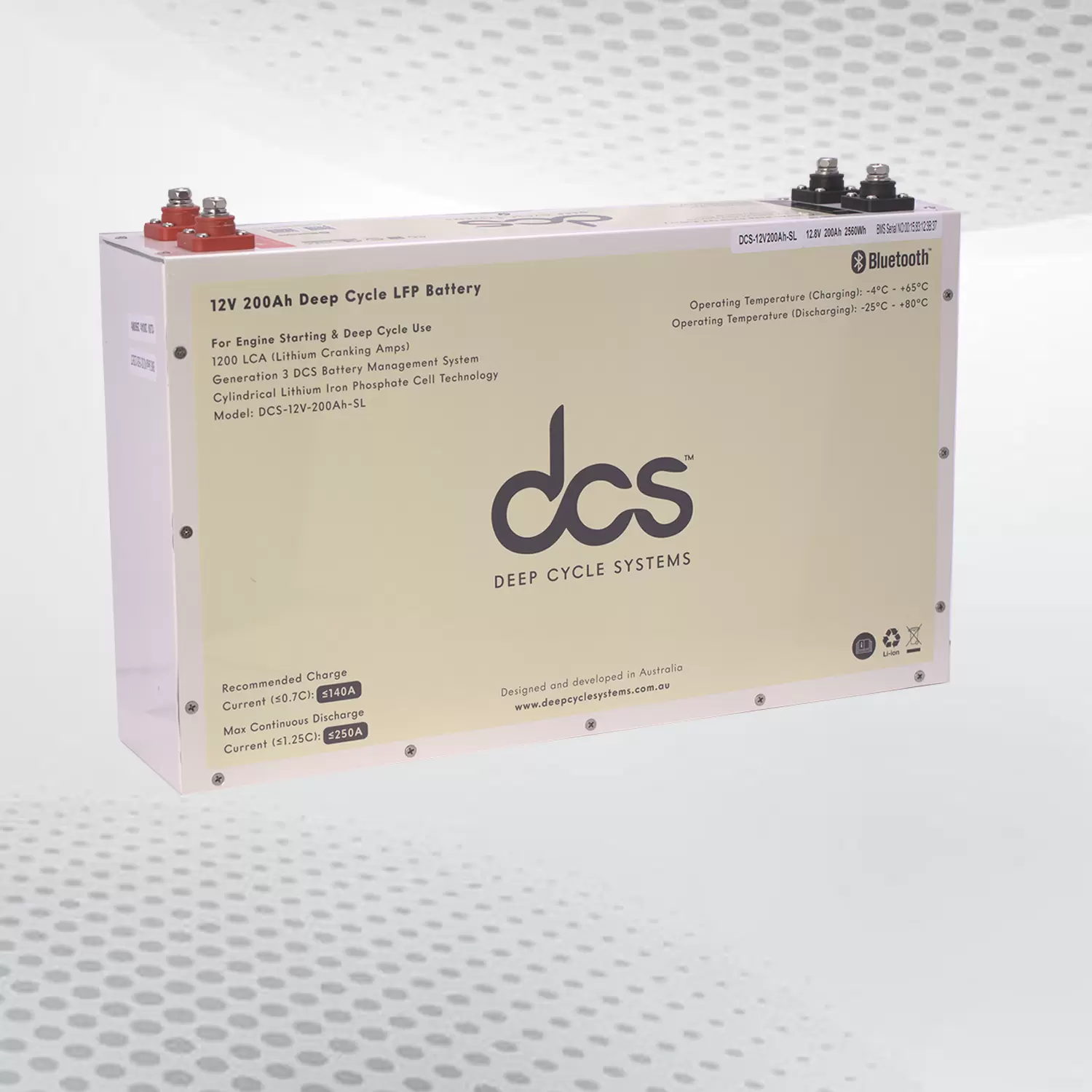Assessments play a crucial role in the educational landscape, helping educators gauge student learning and improve teaching practices. Among the various types of assessments, formative and summative assessments are two key approaches that serve distinct purposes. Understanding the differences between them can help educators choose the right methods to enhance student outcomes.
What is Formative Assessment?
Formative assessment is an ongoing process used throughout the learning journey. Its primary purpose is to monitor student learning and provide feedback that can be used to improve teaching and learning. Formative assessments are typically low-stakes and can include quizzes, class discussions, peer reviews, and observational assessments.
Key Characteristics of Formative Assessment:
- Continuous Feedback: Teachers provide immediate feedback to help students understand their strengths and areas for improvement.
- Adaptability: Formative assessments allow educators to adjust their teaching strategies based on student performance.
- Student Engagement: They often involve active participation, encouraging students to take ownership of their learning.
Benefits of Formative Assessment:
- Enhances learning by identifying gaps and misconceptions.
- Fosters a growth mindset by emphasizing improvement over grades.
- Encourages a collaborative classroom environment where students support each other.
What is Summative Assessment?
In contrast, summative assessment occurs at the end of an instructional period and is used to evaluate student learning, typically against a set standard or benchmark. These assessments are often high-stakes and can take the form of final exams, standardized tests, or end-of-term projects.
Key Characteristics of Summative Assessment:
- Final Evaluation: Summative assessments measure what students have learned at the end of a unit or course.
- Standardized Metrics: They provide a way to quantify student performance and compare results across different groups.
- Less Frequent: Typically, summative assessments are administered less frequently than formative assessments.
Benefits of Summative Assessment:
- Offers a clear picture of student learning and achievement.
- Helps in determining overall effectiveness of instructional strategies.
- Provides accountability for both students and educators.
Comparing Formative and Summative Assessments
| Feature | Formative Assessment | Summative Assessment |
|---|---|---|
| Purpose | To improve learning during instruction | To evaluate learning at the end |
| Frequency | Ongoing throughout the learning process | Typically at the end of a unit/course |
| Feedback Type | Immediate and actionable | Generally provides a final score or grade |
| Stakes | Low-stakes | High-stakes |
| Student Involvement | Active engagement and self-reflection | Often a passive experience for students |
Conclusion
Both formative and summative assessments are essential to the educational process, each serving its unique purpose. Formative assessments facilitate ongoing feedback and learning, allowing for adjustments that can enhance understanding. Summative assessments, on the other hand, provide a conclusive evaluation of student performance, helping educators assess the effectiveness of their teaching.
Incorporating both types of assessments in a balanced manner can lead to a more comprehensive understanding of student learning and ultimately improve educational outcomes. By leveraging the strengths of formative and summative assessments, educators can create a more effective learning environment that meets the diverse needs of all students.
About Us
We aim to provide only the best of resources to your RTO at competitive market rates. We are here to ensure that each resource is meticulously validated to guarantee top quality by our exceptional Subject Matter Experts and proofread by compliance experts. Our talent members are inclined towards developing only the top-quality VET Resources, RTO Training Resources, and other RTO materials for Certificate I up to the Graduate Diploma level, which are highly suitable for Australian qualifications.
Contact Us
Address – 13/19 Radnor Drive, Deer Park VIC 3023, Australia
Phone Number – 1800 959 958
Mail – info@vetresources.com.au
Website – https://vetresources.com.au/
Explore our Latest Resources:
https://vetresources.com.au/product/learner-resources-bsbinn601-lead-and-manage-organisational-change/
https://vetresources.com.au/product/assessment-kit-bsb51918-diploma-of-leadership-and-management/
https://vetresources.com.au/product/learner-resources-ictict604-identify-and-implement-business-innovation/
https://vetresources.com.au/product/learner-resources-bsbpmg522-undertake-project-work/
https://vetresources.com.au/product/learner-resources-ictdbs501-monitor-and-improve-knowledge-management-system/










